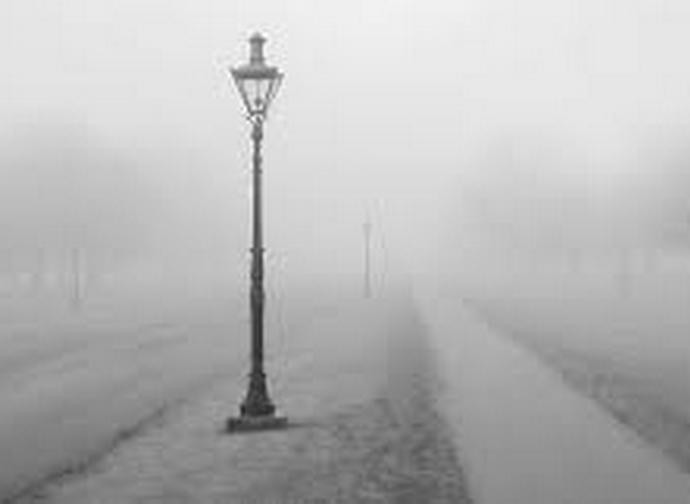‘Discernment’ makes moral teaching impossible
'Discernment' is the keyword of the today’s new moral theology. It is understood in an agnostic and Protestant sense: the moral rule is no longer absolute, it is always historical and never definitive, it is always subjective and not merely objective. But in the end, discernment makes moral teaching impossible.

Among the magic words of the Church today is 'discernment'. The Church must teach discernment, walk together with everyone educating each other in discernment, synodality serves discernment and vice versa, one must not replace the conscience but educate it to discern, remarried divorcees engage in a path of discernment, pastoral care requires community discernment, unjust laws must be evaluated after discernment based on dialogue, and so on.
Discernment is the keyword of the new moral theology and is daily bread for theologians and after the change, also for the professors of the Pontifical John Paul II Institute for Studies on Marriage and Family. But it is now also daily bread in the simple pastoral practice of the grassroots Church. The problem is that behind the new sense of the word 'discernment' there is a total change in Catholic moral doctrine.
There is no trace of this new sense of discernment in John Paul II's Veritatis splendor, nor in traditional Catholic moral doctrine as a whole. It is a new meaning that conveys a radically different and new morality. The path of change has been long. For Italy, the decisive turning point dates back as far as 1971, when Enrico Chiavacci said that mankind has the nature not to have nature, by which he denied nature as the finalistic source of ethical criteria.
What then is this new meaning of the word discernment? It is based on an agnostic assumption: our knowledge is always partial and imperfect because it is historical and situational. It is and always remains interpretation. Traditional morality is thus systematically accused of intellectualism, because it held that mankind, just as he knows the nature of things and himself, also knows the principles of moral life, starting with the golden rule: do good and avoid evil.
The new manuals on moral theology demolish entire parts of Thomas' Summa Theologica in a few pages, accusing him of intellectualism. This accusation would mean that the old moral theology assigns to the intellect a cognitive role of the good to the detriment of other human powers such as the will or the passions, it distinguishes extrinsically between means and ends and between norm and situation. Morality thus has an abstract, theoretical, doctrinal, objectivising foundation and does not emerge from the whole life of the person, but only from his or her intelligence.
Obviously, this is a caricature of St Thomas, who assigned to each human power its due, and knowledge certainly belongs to the intellect, which, while not separate from the other human powers, is nevertheless capable of fulfilling its role. It thus became possible to know the moral law and moral precepts without excluding the concrete interweaving in the person of all their faculties. Discernment was then the encounter between the norm thus objectively known and the concrete and particular situations in which the conscience must move. It is not a matter of opposition between abstract and concrete because the norm lives here, illuminating the life situation and directing - not moving - the will.
The new moral theology accepts the agnostic and Protestant principle of modern thought and thinks that mankind knows not only with the intellect but also with the will, desires, passions, culture, intentions, emotionality, experience, so that the moral rule is produced and not simply found, it always has a subjective and not only objective meaning, it has a relevant hermeneutic meaning, it is always historical and never definitive because its formulation has its beginning in the complexity of the here and now. This is why moral judgement understood in the traditional sense is now replaced by discernment.
The new moral theology aims to overcome the distinction between subjective and objective and between intention and action. The rule that one acts on the basis of what one thinks no longer applies, because action is the source of ethical knowledge and not only intention. The situation with its various circumstances is no longer just the field of application of moral judgement but contributes to the knowledge of the rule itself. For this reason, the notion of 'intrinsically bad actions', held to be valid - according to the new theologians - when it was thought that the material object of the action (what one does) brought to light by the intellect, is the fundamental criterion of moral judgement.
As is well known, the dubia (all of a moral nature) that the four cardinals presented to Pope Francis were not answered. Contemporary moral theology thus explains this non-response by the Pontiff: how could one respond to dubia formulated in such a way? That is, in an intellectualistic, objectivist, abstract way? Therefore Francis didn’t respond because those dubia lacked discernment and prevented discernment. Hence, the new agnostic discernment makes moral teaching impossible.
